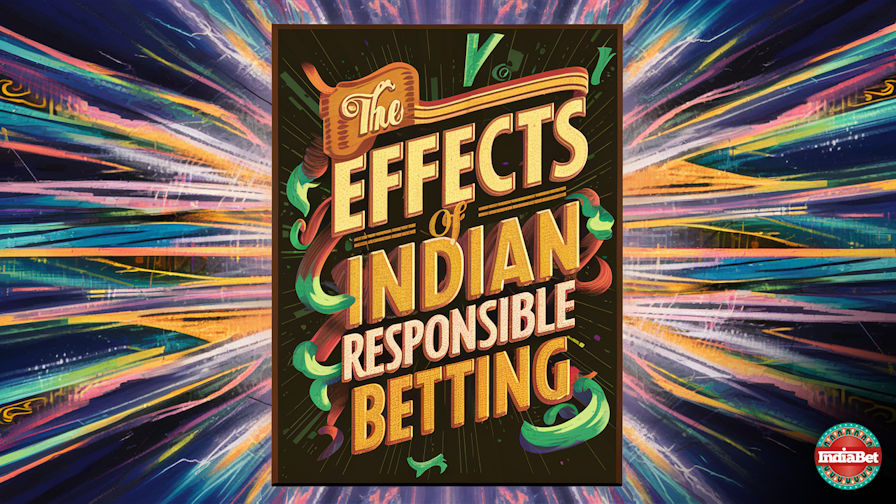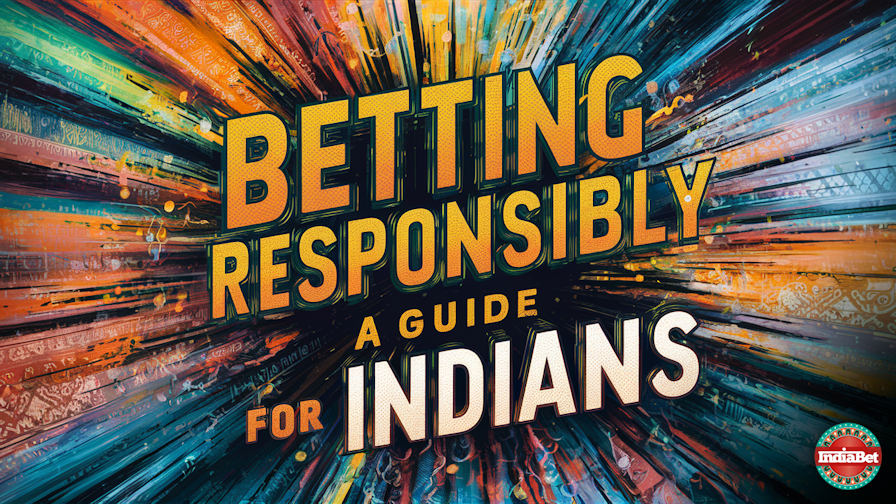
The relationship between gambling and society in India has been complex, historically viewed with skepticism due to its potential for addiction and financial harm. However, in a scenario where responsible gambling becomes a widespread practice, significant positive shifts in government and public perspectives on gambling can be anticipated. This article explores how the normalisation of responsible gambling could reshape its acceptance and integration into society.
The Government
The government views responsible gambling as beneficial because it enables the creation of better laws, generates revenue without social harm, enhances international standing through responsible practices, and strengthens consumer protection, aligning with broader societal benefits.
-
Enhanced Legal Frameworks: With responsible gambling proving its effectiveness, the government would likely move towards more progressive legislation, recognising gambling as a legitimate industry. This would involve establishing clear legal frameworks that protect consumers while allowing for a controlled expansion of the industry.
-
Increased Revenue without Social Cost: One of the primary concerns for governments is the social cost associated with gambling. However, with responsible gambling minimising these risks, the government can tap into a significant source of revenue through taxation, which can be reinvested in social programs.
-
International Collaboration: India could set a precedent for responsible gambling practices, encouraging international collaboration and setting global standards. This would not only improve the country's image but also promote cross-border partnerships and investments in the gambling sector.
-
Enhanced Consumer Protection: The government's role in protecting its citizens from harm would be effectively supported by responsible gambling measures, leading to stronger consumer protection laws and enforcement. This would build public trust in the legal gambling frameworks and the government's commitment to their welfare.
The People
For the public, responsible gambling's acceptance transforms it into a socially acceptable entertainment form, like movies or sports, reducing opposition an increasing acceptance. It emphasises moderation, enhances public education, and improves access to support systems, fostering a healthier relationship with gambling.
-
Changing Social Narratives: Gambling, when practiced responsibly, can become an accepted form of entertainment, similar to cinema or sports. As responsible gambling becomes a normal occurance, the negative stereotypes associated with gambling would diminish, changing how people look at it.
-
Responsible Gambling is Normal: Just as drinking responsibly or safe driving has become part of society, responsible gambling could follow suit. Public education and awareness campaigns would play a crucial role in this transformation, highlighting the importance of moderation and self-control.
-
Integration into Mainstream Entertainment: With responsible practices in place, gambling could be more widely accepted as a legitimate form of entertainment. This could lead to its integration into mainstream media and entertainment venues, further normalising it within society.
-
Support Systems as Standard: The existence of robust support systems for those who may struggle with gambling issues is a critical component of responsible gambling. As these support systems become more popular, seeking help would not be looked down on, encouraging a healthier relationship with gambling.
Conclusion
The widespread adoption of responsible gambling has the potential to fundamentally alter how gambling is viewed and regulated in India. By ensuring that gambling can be enjoyed safely and within reasonable limits, it addresses the government's concerns about social and financial harms while paving the way for increased revenue and consumer protection. For the general population, a shift towards responsible gambling can transform gambling into an accepted, regulated form of entertainment, aligning it with social and cultural norms.
This positive evolution requires the commitment of all stakeholders, including the government, industry operators, and the public, to foster a gambling environment that prioritises responsibility, safety, and enjoyment.
What would be the possible outcome of widespread responsible gambling in India? Enhanced government revenue, legal reforms, and societal acceptance.






 90%84%
90%84%

